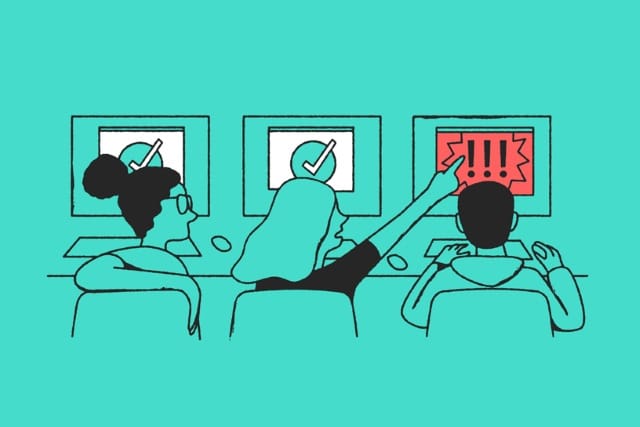Apple is going to educate the US and Europe on how to avoid fake news

Apple has announced that it is to support initiatives in the US and Europe that seek to improve media literacy. The aim is to "encourage critical thinking and empower students to be better informed" by teaching people how to find reliable sources and avoid fake news.
In the US, Apple is throwing its support behind the News Literacy Project (NLP) and Common Sense, while in Europe it is Osservatorio that will reap the benefits of the company's backing. All three are non-profit organizations that provide nonpartisan, independent media literacy programs.
See also:
- Apple refreshes iMac range with a performance boost from up-to 8-core Intel 9th-generation processors
- Apple launches surprise all-new iPad Air and iPad mini
- Spotify lashes out at 'monopolist' Apple in escalating war of words
Tim Cook says Apple has been impressed by the work of the three organizations: "News literacy is vital to sustaining a free press and thriving democracy, and we are proud to be collaborating with organizations on the front lines of this effort".
Apple News already tries to use quality, trusted sources, and now the iPhone-maker wants to equip people with the knowledge they need to seek out reliable news sources of their own.
Alan C Miller, founder and CEO of NLP, says:
We are grateful for Apple's commitment to fighting misinformation and sustaining quality journalism. NLP is committed to equipping the next generation with the critical thinking skills to discern what news and other information to trust and the tools to become informed and engaged participants in our country's democracy. We welcome this timely initiative to help achieve our vision of seeing news literacy embedded in the American educational experience.
Apple has chosen to back existing, established names in the fight against fake news rather than setting up an education program of its own. NLP's Checkology virtual classroom has been used across the States since 2016, while Common Sense has been offering its Digital Citizenship Curriculum to K-12 school for some time. In Europe, Italy's Osservatorio Permanente Giovani-Editori has been running media literacy projects for 18 years, both on- and off-line.